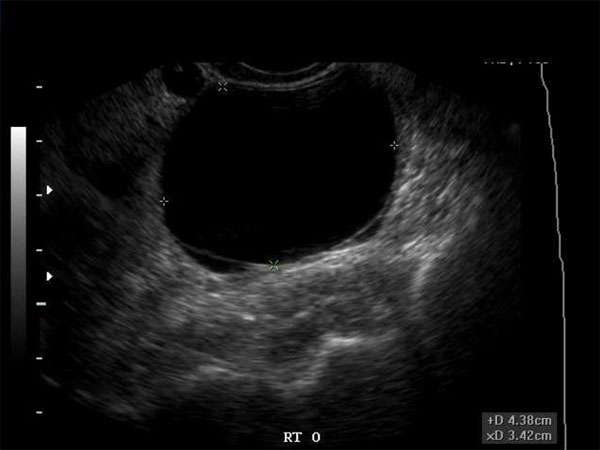How ACCME Drives Quality Improvement in Medical Education
Introduction
Medical education plays a crucial role in the continuous development and improvement of healthcare professionals. To ensure the highest standards of education, the Accreditation Council for Continuing Medical Education (ACCME) drives quality improvement and sets requirements for Continuing Medical Education (CME). This article will explore the importance of CME and how ACCME promotes quality improvement in medical education.
Requirements for CME
CME serves as a vital tool for healthcare professionals to stay updated with the latest advancements in their respective fields. ACCME sets specific requirements that CME providers must meet to ensure educational activities are effective in enhancing knowledge and improving patient care.
1. Content Relevance
CME activities must focus on topics that are relevant to the target audience, such as sonographers, radiologists, OB/GYNs, vascular surgeons, emergency medicine physicians, family practitioners, internal medicine specialists, orthopedic surgeons, sports medicine practitioners, neurologists, cardiologists, nurse practitioners, physician assistants, and other healthcare professionals. By addressing pertinent issues, CME helps professionals stay informed about the latest evidence-based practices.
2. Educational Planning
ACCME requires CME providers to engage in thorough educational planning to ensure the activities are well-structured and meet the learning needs of participants. This includes identifying educational objectives, selecting appropriate teaching methods, and utilizing evaluation strategies to measure the effectiveness of the education provided.
3. Faculty Qualifications
CME activities must be conducted by qualified faculty members who possess expertise in their respective fields. ACCME ensures that faculty members have the necessary qualifications, experience, and competence to deliver accurate and up-to-date information to the participants.
4. Evaluation and Feedback
ACCME emphasizes the importance of evaluating the effectiveness of CME activities through participant feedback, self-assessment, and outcomes measurement. This feedback provides valuable insights to CME providers, enabling them to continuously improve the educational content and delivery methods.
The Importance of CME
Continuing Medical Education plays a crucial role in maintaining and enhancing the competence and performance of healthcare professionals. Here are some key reasons why CME is of utmost importance for professionals in various healthcare fields:
1. Staying Current
Medical knowledge is constantly evolving, and healthcare professionals need to stay updated with the latest research, technologies, and treatment guidelines. CME provides a platform for professionals to learn and incorporate the latest evidence-based practices into their clinical decision-making.
2. Improving Patient Outcomes
By participating in CME activities, healthcare professionals gain the knowledge and skills necessary to enhance patient care. This leads to improved diagnosis, treatment, and patient outcomes, ultimately contributing to the overall improvement of healthcare quality.
3. Professional Development
CME helps healthcare professionals develop new skills, expand their knowledge base, and stay at the forefront of their respective fields. This continuous professional development fosters career growth and enhances professional satisfaction.
4. Meeting Regulatory Requirements
Many healthcare professionals are required to fulfill CME credit hours as part of their licensure or certification renewal. ACCME-accredited CME activities fulfill these regulatory requirements, ensuring professionals remain compliant with licensing boards and regulatory bodies.
Conclusion
ACCME plays a vital role in driving quality improvement in medical education by setting requirements for CME. By ensuring content relevance, robust educational planning, qualified faculty, and effective evaluation, ACCME guarantees that CME activities meet the needs of healthcare professionals. Participating in CME not only keeps professionals up-to-date but also enhances patient care, fosters professional development, and ensures compliance with regulatory requirements. It is crucial for healthcare professionals to prioritize CME to continuously improve their knowledge and skills, ultimately benefiting both themselves and their patients.






